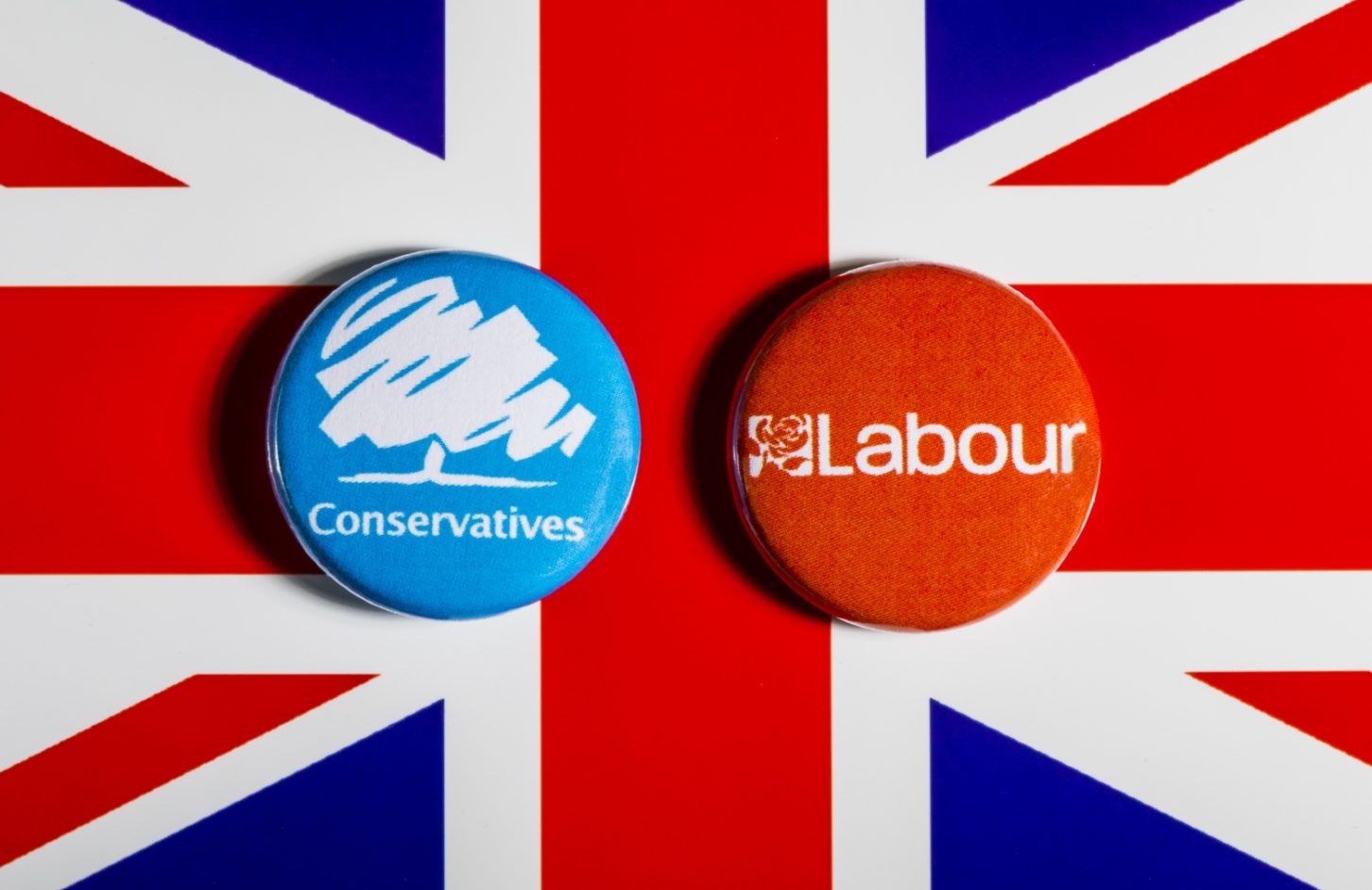The role of AI and how to regulate it has become a topic of increasingly fierce political debate. Predictions about how the technology will impact society have ranged from apocalyptic to utopian, and as such it was to be expected that this would be an issue at the forefront of tech agendas at this year’s party conferences.
As the two parties with the most realistic chance of forming a government at the next election, this piece will look exclusively at how tech was approached at the Conservative and Labour conferences.
On AI, both Prime Minister Rishi Sunak and Labour leader Keir Starmer hedged their bets, warning of dangers and possibilities, and attacked the other’s lack of a plan to address either side. While both leaders do not want to play their hand too early, they are also well aware of the enormous transformative potential of AI and machine learning on the UK economy....

